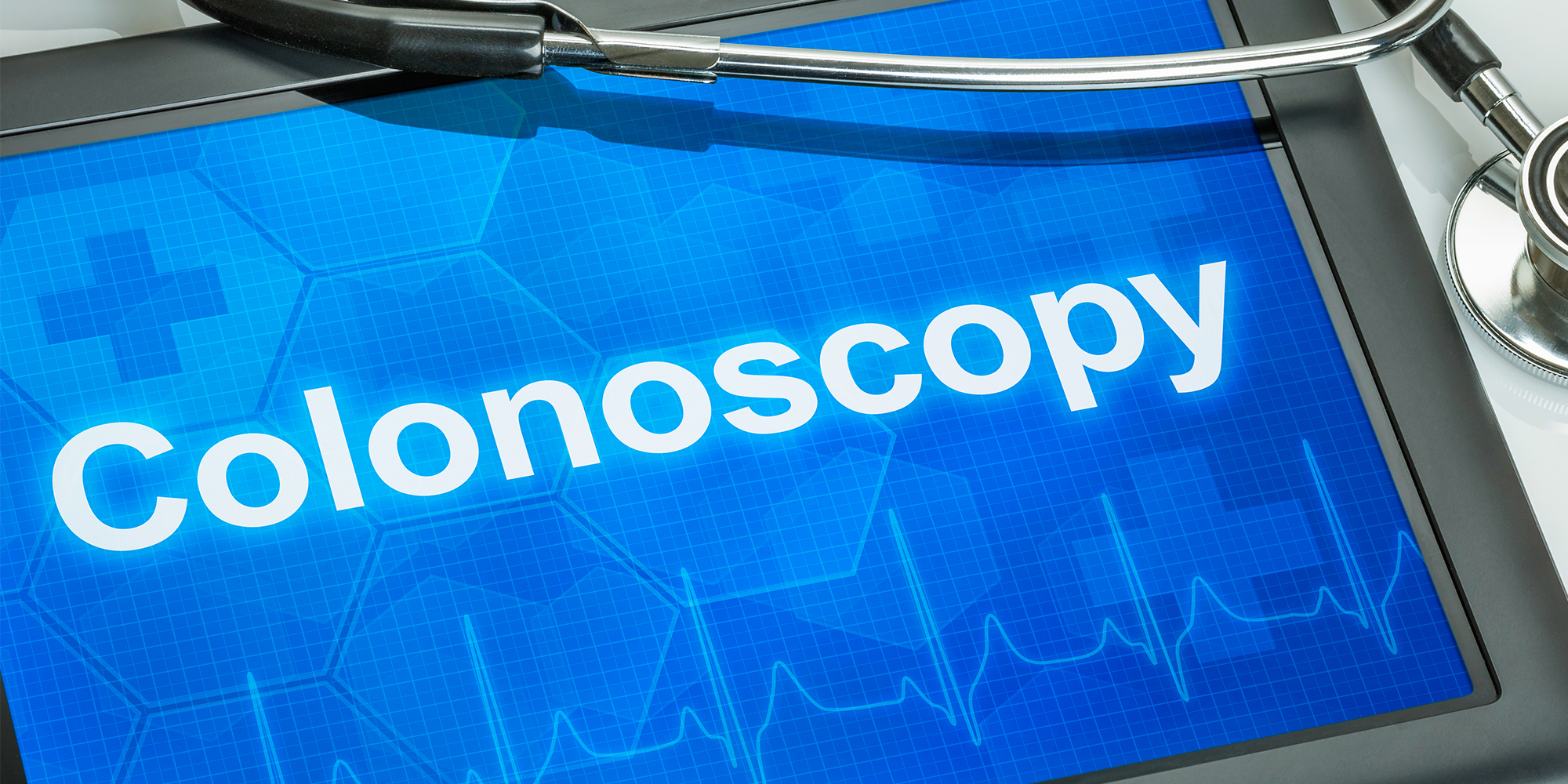5 Questions To Ask About Your Colonoscopy
February 29, 2020
Categories: Colorectal Cancer, Cancer Care, Health & Wellness
A colonoscopy is an important screening method for detecting colon cancer, rectal cancer and other diseases.
Although colorectal cancer is among the leading causes of cancer deaths, it is preventable with regular screenings and treatable, especially when detected early.
Once you’ve decided it’s time to get a screening colonoscopy, the next step is to make sure it is a high-quality test. That means you will need to ask your doctor some important questions.
Don’t be afraid to ask your doctor these five questions or share any other concerns you may have.
Question #1: What is your “adenoma” detection rate?
There are different kinds of polyps found during a colonoscopy, including pre-cancerous polyps, called adenomas. Several studies show that a physician is conducting higher quality examinations if they have a higher adenoma detection rate.
Physicians with higher adenoma detection rates have patients who are less likely to have colon cancer and to die from colon cancer.
Every physician performing colonoscopies should know his or her adenoma detection rate. A benchmark rate would be at least 25%; the higher the rate the better.
Loyola's gastroenterologists are all above the national average for adenoma detection rate.
Question #2: Will I be taking a split-dose bowel preparation?
A clean colon allows the physician to easily identify polyps, which is why bowel preparation is so important. When you receive the bowel preparation, you should be instructed to take half of the preparation the night before, and the other half the morning of the exam.
For years, patients were told to drink all of the preparation solution at once the night before the procedure, but studies show the “split-prep” method and is better tolerated. Your doctor will give you directions on how to prepare for your screening.
Question #3: Should I take my prescription medicine as usual?
Talk to your doctor about whether any of your medications need to be adjusted or stopped temporarily. For example, if you are being treated for diabetes, you may need a different amount of insulin or to hold off taking a medication while your diet is restricted.
If you are taking blood thinner medication, you will need to stop taking it before the colonoscopy to prevent bleeding. Call your doctor’s office a few weeks before your scheduled exam to find out what to do. Calling only a few days before will not be enough time.
Question #4: How well did my bowel preparation work?
After the procedure is done, you want to know how clean your colon was. For the best screening, your doctor needs to see the walls of the entire colon.
The doctor will rate how clean the walls of your colon were during the screening colonoscopy. If the rating was fair or poor, talk to your doctor about whether you should have a follow-up colonoscopy sooner than you otherwise would.
Question #5: When should I get my follow-up colonoscopy?
The standard follow-up time is 10 years, but your doctor will suggest you have your next test sooner if you are at higher risk of developing colon cancer, rectal cancer or if polyps were found during the procedure.
Even though polyps are removed during a colonoscopy, if a pre-cancerous polyp (adenoma) is found, you are more likely to develop additional precancerous polyps.
You may need more frequent screening if you have an inflammatory bowel disease (Crohn’s disease, ulcerative colitis) or if colon cancer runs in your family.
Loyola Medicine's nationally ranked digestive health team performs nearly 7,000 colonoscopies a year.
Our digestive health specialists offer a gastrointestinal cancer risk assessment program to help patients find out whether they have a genetic predisposition to GI cancers, such as colorectal cancer.
Loyola Medicine's digestive health program offers colonoscopies at these locations:
Several Loyola gastroenterologists routinely perform screening colonoscopies including:
- Ayokunle Abegunde, MD
- Steven Hendler, MD
- Olufemi Kassim, MD
- Amar Naik, MD
- Amanda Siegel, MD
- Mukund Venu, MD
- Zuie Wakade, DO
Book an appointment today to see a Loyola specialist by self-scheduling an in-person or virtual appointment using myLoyola.
